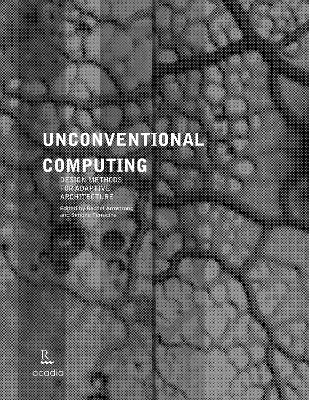This book explores the theme of Adaptive Architecture by investigating how design is responding to a time of cultural convergence and the possibility of disruptive technologies. Unconventional Computing is an exploration of the emerging terrain of negotiated acts of co-design between humans, nonhumans and matter, where spatial programs are regarded as acts of persuasion, co-operation and symbiosis. These acts of design and production are not at odds with nature but are seamlessly entwined with its processes. Unconventional computing offers a platform where information and matter are coupled. Rather than being an afterthought to geometry in the design process, materials can participate directly in design solutions. The book aims to expand tools and approaches for responsive and adaptable methods of architectural design and production. Contributors from the fields of science, design and computation suggest that unconventional computing can be a synergetic practice that integrates established methods including parametrics, digital prototyping, landscape design and cybernetics. The convergence of these methods produce potent possibilities for emerging material practices.
- ISBN10 1926724240
- ISBN13 9781926724249
- Publish Date 1 November 2013
- Publish Status Active
- Publish Country CA
- Imprint Riverside Architectural Press
- Format Paperback (US Trade)
- Pages 215
- Language English
